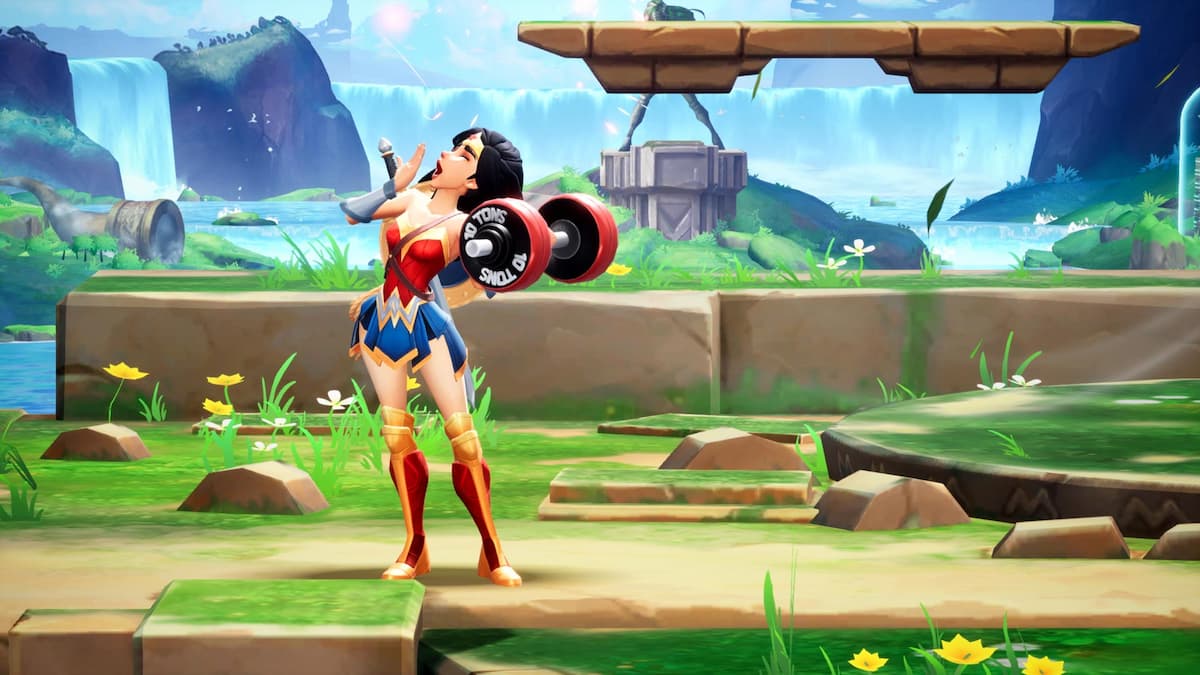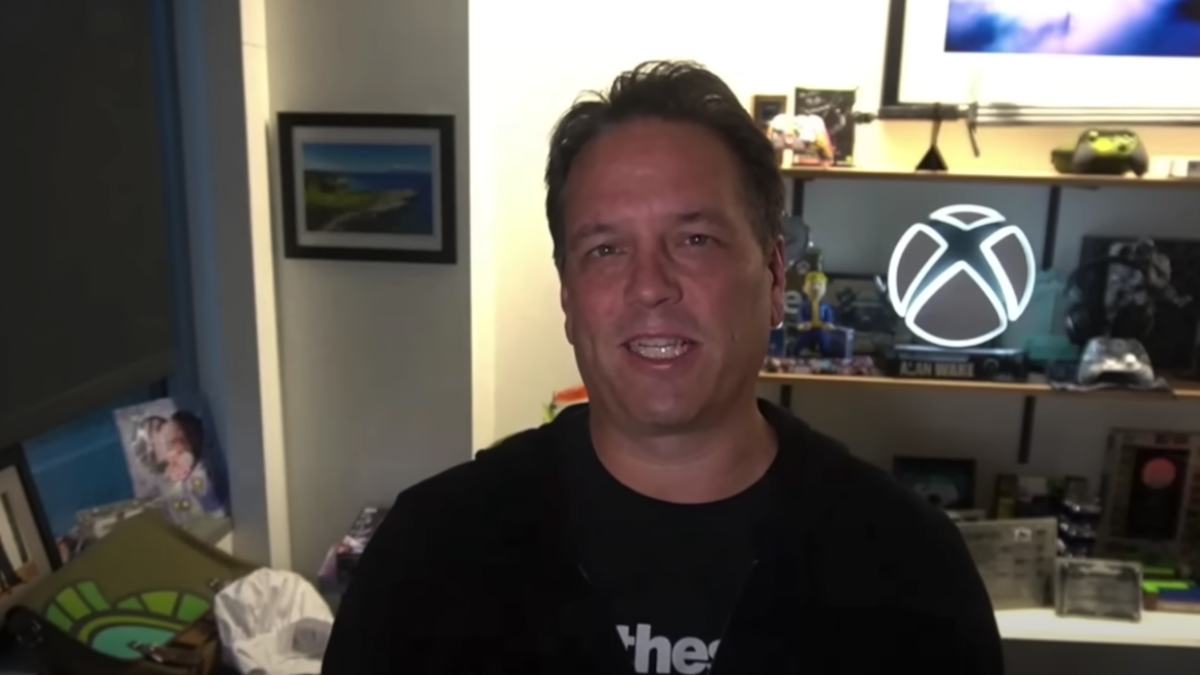Unity’s sudden fee change ahead of 2024 is receiving strong backlash from developers. In a blog post, Rust staff wrote it was a breach of trust and the sequel wouldn’t be developed using that game engine.
In the post explicitly called “Unity can get fucked,” the developer wrote that Unity’s flat tax per user install wasn’t “feasible,” except for the mobile platform. “Maybe it is a good idea if you think of Unity as a mobile game engine. Maybe they forgot about PC gaming. Again,” the team wrote.
It added what was unacceptable for the team was the breach of trust this policy change signified, as the developer wouldn’t have used Unity for its titles if they knew this could be enforced. “That would be like Adobe charging all users of Photoshop per image view.. and trying to invent a system in which they can track and invoice you every month.”
On Sept. 12, Unity announced new fees for its Runtime code, which is used by many developers. If a game surpasses a specific cap in revenue and number of installs, it will pay a flat tax of $0.20 on every install beyond the cap, starting 2024.
In a tweet, Rust developer Garry Newman calculated how much more the team would have to pay Unity, according to its new policy. “Lifetime we’d have paid them about $410k more. About $40k a year. Last month it would have cost us $2,517,” the developer explained.
Countless other developers have voiced their concerns over such a drastic unilateral change from one of the video game industry’s most popular engines, including Aggro Crab, Soft Not Weak, and Massive Monster.
As a result, some said they won’t use the engine for their upcoming games (such as Rust 2). Others reportedly gathered and are discussing filing a potential class-action lawsuit against Unity, according to Kotaku’s report.
It’s still unclear whether Unity plans to revert the policy changes or change them ahead of next year. It has attempted to clarify some of the changes, but people still aren’t happy.













Published: Sep 14, 2023 03:21 am